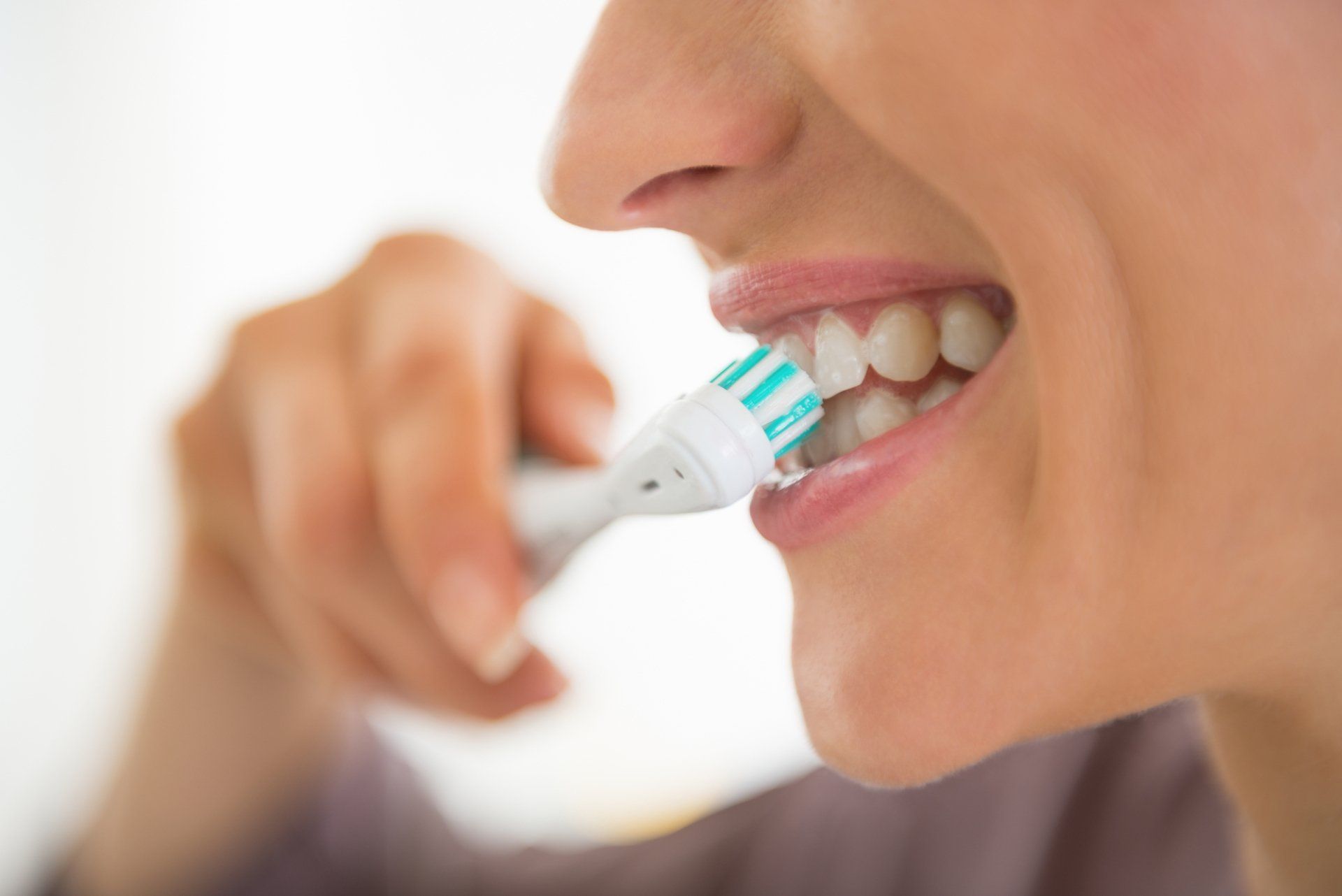4 Ways To Optimize Your Denture Experience

If you face the prospect of getting your first set of dentures, you may wonder how you'll cope with this unfamiliar object in your mouth. Fortunately, denture wearers soon get used to wearing such appliances. Even so, your denture wear, care, and maintenance choices can either help or hurt your overall experience.
Once you know how to select, use, and look after your dentures properly, you can enjoy many years of comfortable chewing, reliable function, clearer speech, and greater confidence in public. Consider the following four strategies for getting the most out of your dentures.
1. Get Your Dentures Updated Periodically
Dentures can restore your ability to eat and speak well, but only if they fit your mouth securely. Your permanent dentures will offer a more precise custom fit than the immediate or temporary dentures your dentist provides during the first few months of the fitting process. However, permanent dentures can also lose their fit over time.
Your jaw will lose bone density over time without the regular stimulation it usually gets from tooth roots. To compensate for these changes in your jawbone, your dentist will need to reline your dentures periodically. Plan on relining (or, if necessary, replacing) your dentures every five to ten years to ensure the best fit possible.
2. Keep Your Dentures Clean
Although your dentures can't develop cavities or infections the way natural teeth can, you can still fall prey to gum disease unless you clean both your mouth and your dentures properly. Take them out and rinse them with water after you eat. Brush your gums and tongue to remove plaque and bacteria.
You should also brush your dentures daily to keep bacteria and food debris from collecting on them. Ask your dentist to recommend different kinds of toothpaste and toothbrushes that won't harm denture surfaces. Keep your dentures moist overnight by letting them soak in a denture cleaning solution.
3. Adopt Some Smart Eating Habits
You might experience some trouble eating when you first get dentures. Fortunately, this problem will often correct itself once you make some adjustments to your eating habits. Instead of trying to eat everything you can with your natural teeth, start with a diet of soft foods and then slowly re-introduce other, tougher menu items.
As you grow more experienced with your dentures, you'll develop a feel for what kinds of foods may require extra caution when chewing. Use enough dental adhesive to keep your dentures secure and prevent hard, tiny objects like seeds from causing irritation. Learn to chew with both sides of your mouth evenly.
4. Consider Implant-Supported Dentures
Even with the most precise fit and careful maintenance, traditional dentures can pose some annoyances for wearers, from the need for special cleaning routines and regular relining to concerns about your dentures coming loose at an inopportune moment. If you want to liberate yourself from these issues, consider using implant-supported dentures.
Implant-supported dentures may resemble ordinary upper or lower denture plates at a first glance. However, the inner surfaces attach to a series of metal posts surgically implanted in the jawbone. These dentures stay in place on their own, with no need for messy, potentially unreliable adhesives.
You can clean your implants by simply brushing them regularly, eliminating the extra step of soaking them in cleaning solutions. Permanent implants will even stimulate ongoing bone growth in the jaw, which helps to maintain your normal facial structure and minimize the need for relining and other adjustments.
High-quality dentures can make all the difference in your experience, whether you choose traditional products or implant-retained options. Schedule a consultation at Davis & Beyer Dental Health Professionals to discuss your denture needs and get more tips on how to enjoy the best possible denture experience.







